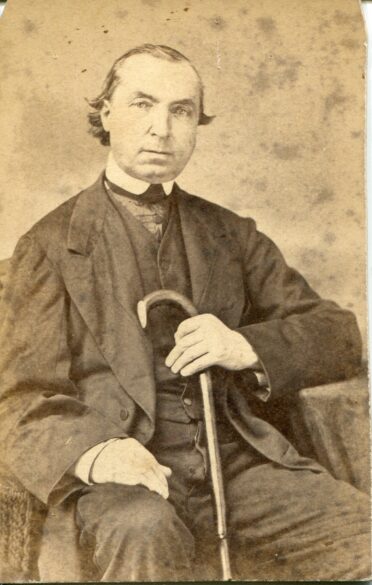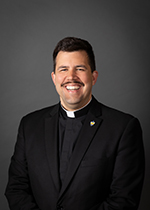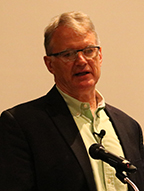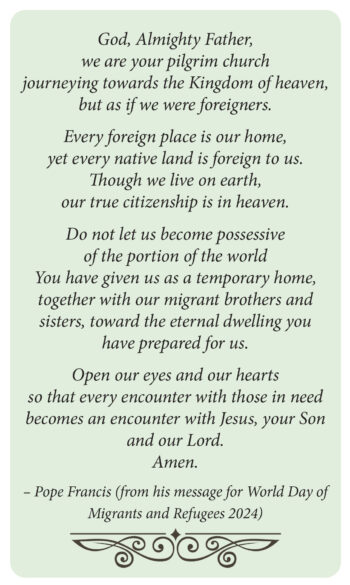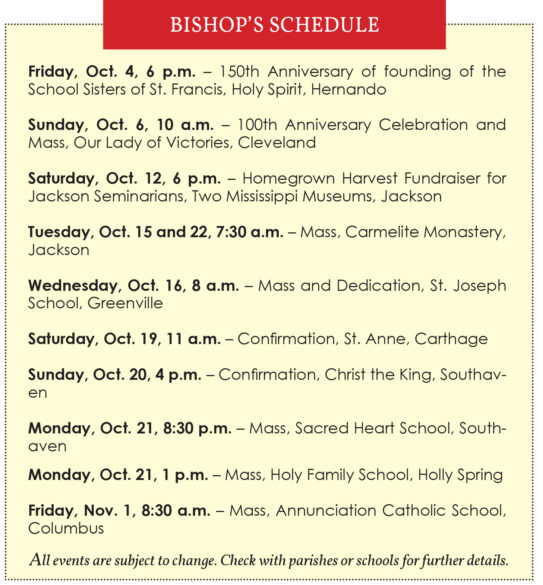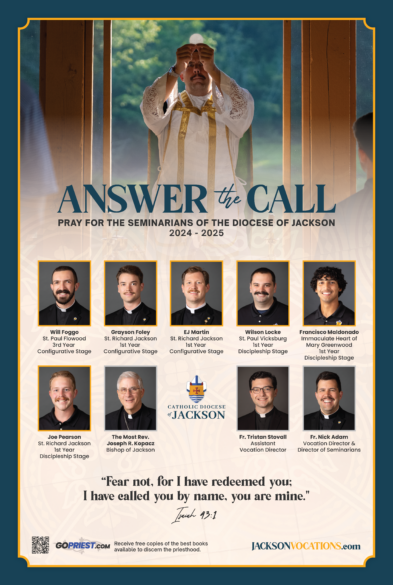FROM THE HERMITAGE
By sister alies therese
I read this somewhere … truth without grace is mean, grace without truth is meaningless. Very similar to how Buddhist writer Pema Chodron cites it this way, “Without clarity and honesty, we don’t progress. We just stay stuck in the same vicious cycle. But honesty without kindness makes us feel grim and mean, and pretty soon we start looking like we’ve been sucking on lemons.” (When Things Fall Apart, Heart Advice for Difficult Times, Shambhala Classics, Boston, 2000).
The 8th commandment: you shall not bear false witness against your neighbor. Our CCC 2464 (pages 591-600) reminds us, “The 8th commandment forbids misrepresenting the truth in our relation with others … offenses against the truth expressed by word or deed are a refusal to commit oneself to moral uprightness: they are fundamental infidelities to God and undermine the foundations of the covenant.”
Compendium to CCC:
- every person is called to sincerity and truthfulness in acting and speaking
- the 8th forbids false witness, perjury, and lying … the gravity of which is measured by the truth it deforms, the circumstances, the intentions of the one who lies, and the harm suffered by its victims.
- The 8th requires respect for the truth accompanied by the discretion of charity in the field of communication and the imparting of information…
We have it clearly … in these two sources, indeed in the Scriptures where we are challenged to believe that Jesus is the ‘way, truth, and life’. Yes, you say, but in political campaigns everybody lies in order to get voted in. No one is going to do what they say once they are in office. Really? One way to check that is to listen carefully not only to what they say … but how they say it. CCC 2505 reminds us, “…show oneself true in deeds and words guarding against duplicity, dissimulation and hypocrisy.”
“Liars are not believed even when they tell the truth.” So says Aesop.
In an African proverb we hear, “A lie comes back sooner or later.”
How are you going to decide who has lied? Or maybe just expanded the truth? CCC 2489: “Charity and respect for the truth should dictate the response to every request for information or communication. The good and safety of others, respect for privacy, and the common good are sufficient reasons …” What are the offenses against truth? Well, begin with false witness and perjury. Move on to respect for the reputation of another, rash judgment, detraction (tells another’s faults), and calumny. CCC 2480 goes on to say, “Every word or attitude which by flattery, adulation, or complaisance, encourages and confirms another in malicious and perverse conduct.” What about those lies?
US author Bertrand Brinley says, “That’s one of the troubles with a lie. You’ve got to keep adding to it to make it believable.”
“A good many lies, there are at least two sides to them and you can take a point of view. But this was a flat lie. You couldn’t get around it”. Joseph Krumgold, US author, in Onion John.
St. Augustine, “A lie consists in speaking a falsehood with the intention of deceiving.” Is that the game of politics…deception? Or is there some responsibility for candidates to tell the truth and leave it up to the voter to select? Who will serve the people? Who will govern? To lie is to purposefully lead a neighbor into error … failures of justice and charity, to allow others to become unsafe. In Elfsong by Ann Turner, a US author, “Elves cannot lie. A lie stinks on our skin, like rotten meat. Anyone can smell it.
”What is stinky around this election? As citizens, we have to find it and then decide. I appreciate FDR, past President, who remarked on a radio show in 1939, “repetition does not transform a lie into truth.” It’s that old story … even if you sit in your garage by the hour … it does not make you a car!
Finally, Peterson (The Message, 2003), “Summing it all up, friends, I’d say you do best by filling your minds and meditating on things true, noble, reputable, authentic, compelling, gracious – the best, not the worst; the beautiful, not the ugly; things to praise, not things to curse, … God who makes everything work together, will work you into His most excellent harmonies.” (Phil 2:8-9)
DO VOTE.
(Sister alies therese is a canonically vowed hermit with days formed around prayer and writing.)


